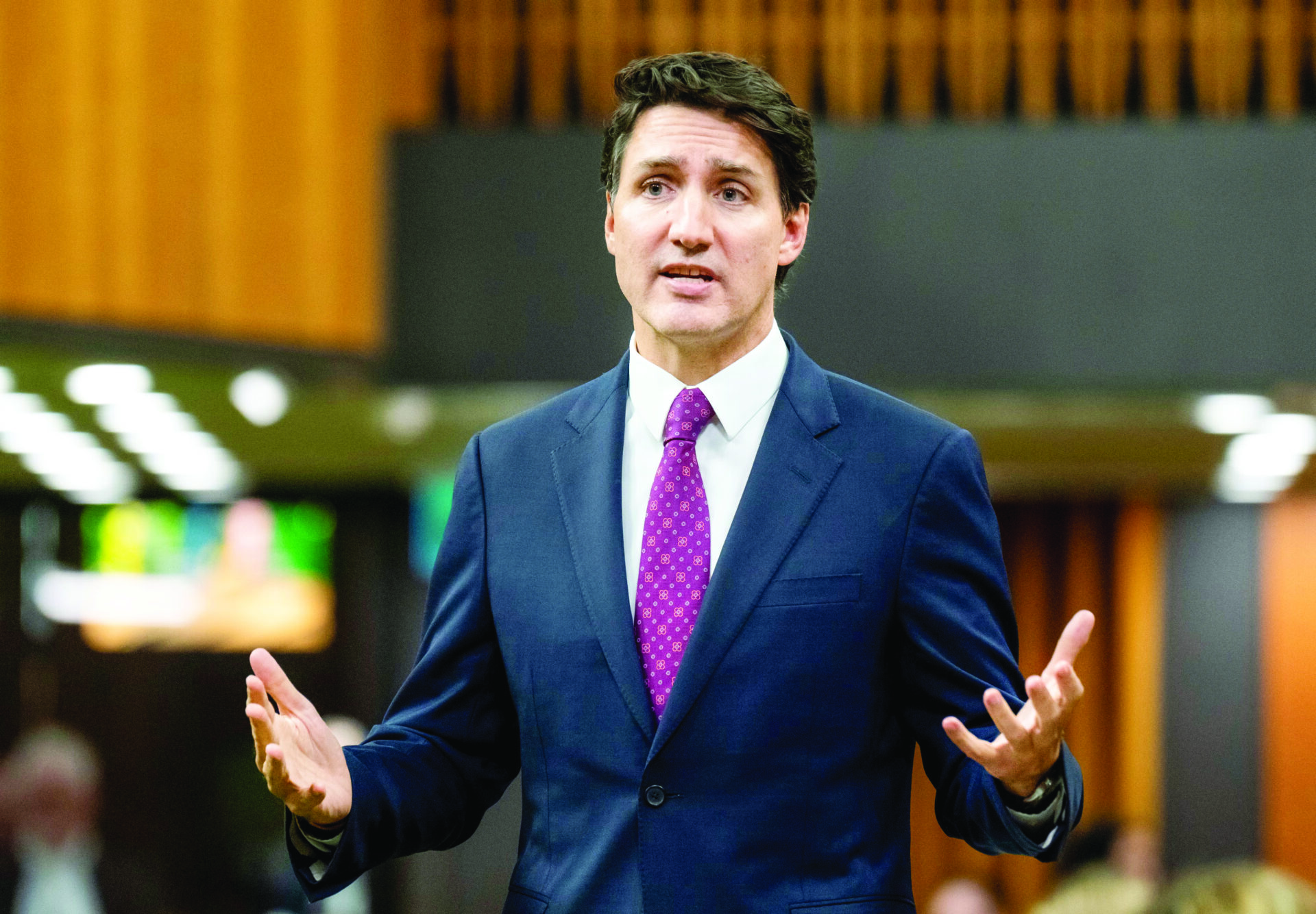New Delhi: The Indian government is likely to take strong action against the Canadian government’s decision to mount a substantial spying and snooping operation on Indian diplomats who were and are posted in Canada.
Official sources said that it was beyond doubt that the decision of the Justin Trudeau government to keep Indian diplomats under audio and video surveillance was done only after permission was taken from the office of Prime Minister Trudeau himself.
This comprehensive level of surveillance, sources said, was not acceptable for any reasons.
It should not, and will not, go unanswered, the officials said, with responses extending beyond mere words and the summoning of a Canadian official in Delhi for a demarche.
The substantive level of surveillance, officials stated, cannot be justified by the technical reasons conveyed by Ottawa. It violates multiple articles of the Vienna Convention on Diplomatic Relations, 1961, including Article 22, which establishes that a mission’s premises are inviolable, and Article 27, which mandates that the host country must protect free communication for the mission and ensure that its official correspondence remains inviolable.
By snooping on Indian diplomats and intercepting their communications, the Canadian government has not just violated the rights available to Indian diplomats but has also potentially created serious doubts with far reaching implications in the minds of diplomats of other countries who are serving in Canada.
Sources said the Canadian government officials were aware that they had “mishandled” the situation with Delhi, which had started to take shape post the killing of a Khalistani terrorist Hardeep Singh Nijjar in June last year in Canada, which Trudeau has blamed on the Indian agencies.
According to officials, by informing Indian diplomats posted in Canada that they were under audio and video surveillance, the Canadian government was expecting to build pressure on the diplomats.
On Saturday evening, the Ministry of External Affairs revealed these developments in Delhi. MEA spokesperson Randhir Jaiswal, said that the communication of Indian diplomats was being intercepted by the Canadian government, and New Delhi has formally protested the audio and video surveillance of its officials.
“Some of our consular officials were recently informed by the Canadian government that they have been and continue to be under audio and video surveillance. Their communications have also been intercepted. We have formally protested to the Canadian government as we deem these actions to be a flagrant violation of relevant diplomatic and consular conventions,” he said.
Jaiswal also revealed that India on Saturday lodged a protest through diplomatic channels. It was conveyed in a note that the Government of India protested in the strongest terms the absurd and baseless references made on the Home Minister of India before a national security committee by Deputy Minister David Morrison, Jaiswal said, while referring to the two top Canadian officials who leaked the allegation to the Washington Post that Union Home Minister Amit Shah was behind the campaign of targeting Khalistan separatists in Canada.
According to official sources, the Canadian diplomats posted in India faced no restrictions and were free to move around, attend political events and gatherings without being put under surveillance, unlike what the Indian diplomats had been subjected to in Canada.
Earlier last week the Canadian government added India to the list of countries that include China, Russia, Iran and North Korea, which it claimed were indulging in espionage and cyber threats against Canada.
The interception of communications involving Indian officials, particularly given the tense bilateral relations over the past year, will also raise critical questions about whether the MEA took any steps to sensitize its staff regarding the potential snooping by the Canadian entities. If such measures were implemented, it would prompt further inquiry into how Canadian officials were able to successfully intercept and access these conversations despite those precautions.

